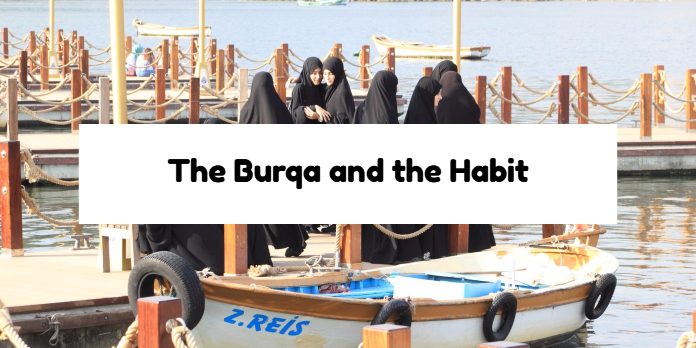The Muslim scholar and I were sitting at dinner together, and he was telling me about his involvement in a Muslim project devoted to interfaith dialogue. “How about the faith and culture questions?” I asked. “The attempt in places like France to regulate how Muslim women dress in public—is that a big topic for you and your colleagues?”
“Ah, the burqa,” he said. “It’s too bad that is such a big issue. Especially since for many of us it ought not to be an issue at all. The Qur’an, you know, says nothing about that kind of thing. There is nothing in our Islamic tradition that requires women to cover themselves in that way!”
Part of me was pleased with his attitude. Like many Muslim intellectuals with whom I have talked, he is eager to encourage the Islamic community to find its proper place in larger pluralistic democracies. That kind of project is extremely important. And to the degree that the burqa is an expression of resistance to the call to live together with mutual respect, it is something that we should want to disappear.
But there is another part of me that resists the idea that we should be abandoning those forms of dress that are expressions of religious conviction that stand over against the dominant culture. A few days after my conversation with the Muslim scholar I was in an airport, sitting at the gate area, waiting for my plane. A young nun, wearing the habit of her community, was sitting nearby. A teenage girl passing by the nun stumbled and dropped some things she was carrying. The nun quickly stepped forward and helped her retrieve her belongings. I saw their eyes meet for a brief moment as the girl thanked the nun for helping. The nun smiled and wished her safe travels.
The teenager was wearing a tee-shirt bearing the Satanic symbol of a rock band, and had several tattoos and piercings. It was an interesting brief encounter. Two modes of dress that spoke very different messages.
I was glad that the young nun was wearing her habit. I felt the same way about two Mennonite women, wearing head coverings and long skirts, who passed by a few moments later.
In those brief moments in the airport, I resolved to live with some ambivalence about the burqa.






























